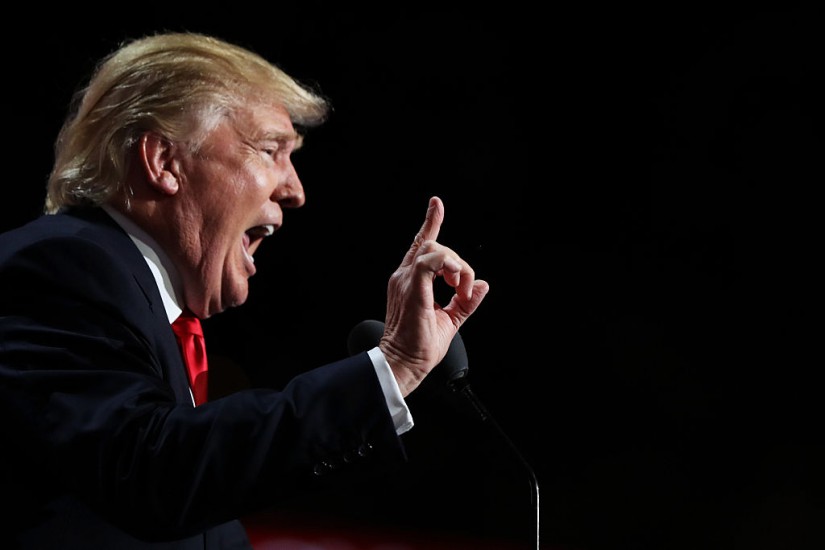Of course, Trump isn’t the first president to lose his temper, even if his fury has sometimes crossed the line separating the “irritated” from the “unhinged.” In fact, our best presidents have understood that there’s a direct relationship between private demeanor and political success. George Washington, Thomas Jefferson, Abraham Lincoln, FDR, Dwight Eisenhower and even the sunny Ronald Reagan had tempers, but each took steps to curb it. Washington, for instance, was so concerned about his rages that he read and reread Seneca as a kind of personal therapy. The corrective worked, if only in part: At the Battle of Monmouth during the American Revolution, Washington swore at a subordinate, as one onlooker described it, “til the leaves shook on the trees.” Such storms, while rare, continued into his presidency. After one especially contentious Cabinet meeting, Jefferson later recounted, Washington was so distraught that he tore off his hat, threw it on the ground and stomped on it.
During the nation’s first five presidencies (Washington, Adams, Jefferson, Madison and Monroe), a phrase like “sir, you are a marplot” was an insulting stand-in for what would later become “you God damned son of a bitch.” Of this bunch, John Adams (who, in a fit of pique, called Washington “a muttonhead”), had the worst temper. James McHenry, his secretary of war, witnessed one of Adams’ tirades—and resigned in disgust. Adams was, McHenry later said, “totally insane.” So too, we are told, was Andrew Jackson, at least for a time.
